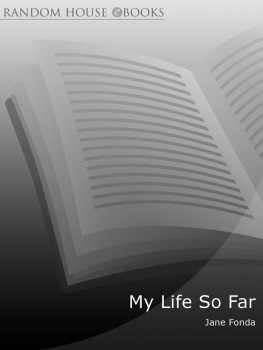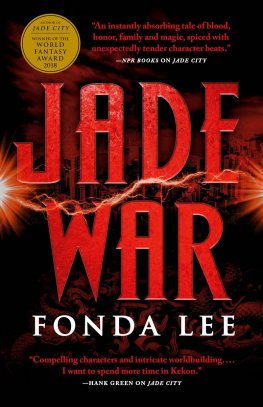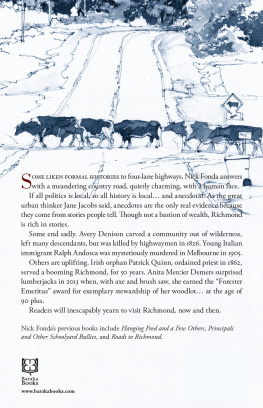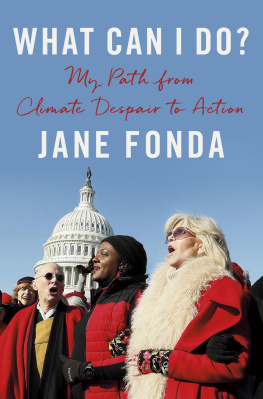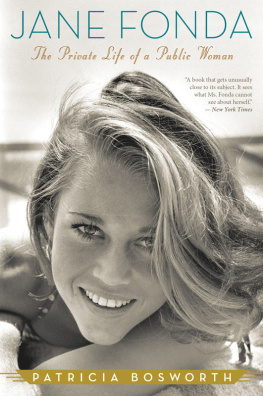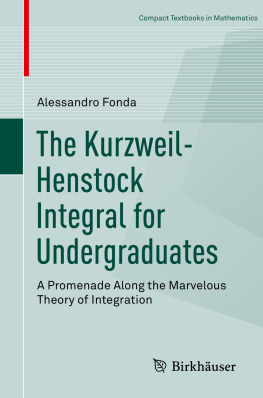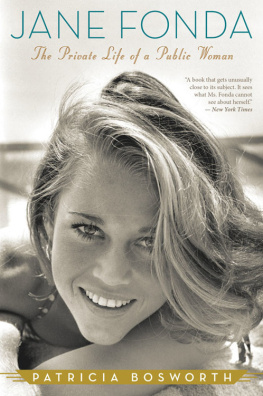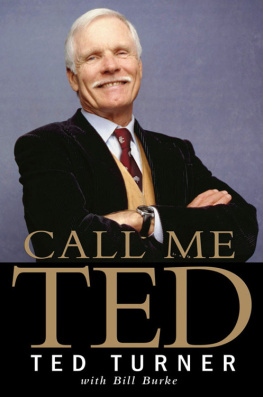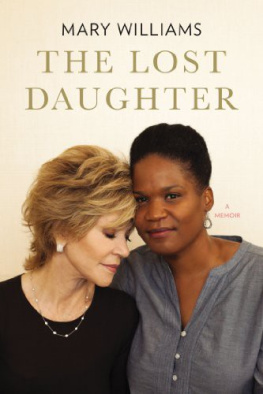

This eBook is copyright material and must not be copied, reproduced, transferred, distributed, leased, licensed or publicly performed or used in any way except as specifically permitted in writing by the publishers, as allowed under the terms and conditions under which it was purchased or as strictly permitted by applicable copyright law. Any unauthorised distribution or use of this text may be a direct infringement of the authors and publishers rights and those responsible may be liable in law accordingly.
Version 1.0
Epub ISBN 9781409003625
www.randomhouse.co.uk
First published by Random House, Inc., New York 2005
First published in Great Britain by Ebury Press 2005
1 3 5 7 9 10 8 6 4 2
Text Jane Fonda
Jand Fonda has asserted her right to be identified as the author of this work under the Copyright, Designs and Patents Act 1988.
All rights reserved. No part of this publication may be reproduced, stored in a retrieval system, or transmitted in any form or by any means, electronic, mechanical, photocopying, recording or otherwise without the prior permission of the copyright owners.
Ebury Press, an imprint of Ebury Publishing Random House, 20 Vauxhall Bridge Road, London SW1V 2SA
Random House Australia (Pty) Limited 20 Alfred Street, Milsons Point, Sydney, New South Wales 2061, Australia
Random House New Zealand Limited 18 Poland Road, Glenfield, Auckland 10, New Zealand
Random House South Africa (Pty) Limited Endulini, 5A Jubilee Road, Parktown 2193, South Africa
The Random House Group Limited Reg. No. 954009
www.randomhouse.co.uk
A CIP catalogue record for this book is available from the British Library.
Cover Design by Two Associates Interior design by Carole Lowenstein
Credits and permissions can be found on p.597
ISBN 0 091 90610 5
Printed and bound in Great Britain by Clays Ltd, St Ives PLC
Papers used by Ebury Press are natural, recyclable products made from wood grown in sustainable forests.
CONTENTS
PREFACE
If we do not know our own history, we are doomed
to live it as though it were our private fate.
H ANNAH A RENDT
The past empowers the present,
and the groping footsteps leading to this present
mark the pathways to the future.
M ARY C ATHERINE B ATESON
I was born December 21, the shortest day of the year. Ive always seen a year as a circle, with December settled down at the bottom, like 6 on a clock. Then, when the new year starts up again, I see myself moving upward, counterclockwise, till, twelve months later, Ive come full circle, back to the bottom again, to that shortest of days. On the day in 1996 when I turned fifty-nine, I realized that, assuming I live to be ninety, give or take, the next full circle would raise the curtain on my third act.
Ive had a career both in film and theater for more than forty years, and I know something about third acts. Havent you ever been to a play where the first two acts seemed confused, then along came the third act and pulled it all together? Ah-ha, you said to yourself. So thats what that scene in the first act was leading to! Or, conversely, the first two acts can be brilliant, and then in the third, things disintegrate. However, the third act is definitely key, the payoff that pulls the seemingly random bits and pieces of the first two acts into a coherent whole.
The big difference between life and acting, though, is that in life theres no rehearsal and no take two. This is it; better get it right before its over.
To have a good third act, you need to understand what the first two have been about. To know where youre going, you must know where youve been. Call me a control freak, but I dont want to be like Christopher Columbus, who didnt know where he was headed when he left, didnt know where he was when he got there, and didnt know where hed been when he got back. So on my fifty-ninth birthday, I knew I had some serious thinking to do.
In Bird by Bird, Anne Lamott writes, If you want to make God laugh, tell her your plans. Quite right. But when I talk about figuring out my third act, Im not talking about making plans. Im talking about being disciplined enough to learn what my past has to teach me, brave enough to take those lessons into my heartto own themand to commit myself to doing what is necessary to make them a part of my future. This is hard.
I once saw a quote from dancer/choreographer Martha Graham framed and hung on a wall in a ballet studio. It said DISCIPLINE IS LIBERATION. At first that seemed like an oxymoronisnt liberation the opposite of discipline? But discipline here doesnt mean tightness and rigidity, or punishment for wrongdoing. It means being so committed and so fully contained that you can let go; so deeply connected that you can detach; so strong that you can be gentle. Liberation takes intentionality, deliberation, courage, andyesdiscipline.
I think of the tremendous discipline it took the great ballet dancer Rudolf Nureyev to be temporarily liberated from gravity and soar through the air. I think of Greg Maddux, for many years the Atlanta Braves outstanding pitcher, and the discipline that went into his ability to stand on the mound at the bottom of the ninth inning of the World Series and be physically and mentally relaxed.
For me, discipline, liberation, means acknowledging my demons, banishing them to the corner, seeing my past and excising the old patterns and baggage to make room for stillness. It is within stillness that I will hear the small voice and know where it is leading me. Call that voice what you will, but it has always been there, although during my second actand in much of my first, for that matterit was too risky for me to hear it.
It is taking discipline to liberate myself into a quieter third act, discipline in order to live with the awareness of my death.
I dont want to die without knowing who I am.
Remember those toys where youd drop some hard, dry kernel thing into a glass of water and it would expand into an underwater landscape of mystery and color? Well, for me, to be disciplined and to live with the awareness of death means taking every minute and dropping it into a glass of water and having it swell into something fuller, more complete.
To understand why I decided to prepare this way for my third act, I have to take you back a few years, to my forties. My father was dying. I would sit by his bedside in silence for long periods of time hoping that he would talk to me, say something about what he was thinking and feeling as he was being rocked away from us to that eternal place. He never did.
If he couldnt come to me, I would go to him. I would focus on his face and try to put myself inside his body, become him. I remember feeling so profoundly sad for himnot that he was dying, but that he had never really been able to get close to me or to my brother, Peter. I felt sure he must regret that. I would if I were him.
This experience taught me that I was not afraid of dying. What I am terrified of, however, is getting to that place right at the edge of life when theres no time left, being filled with regrets, and having no time to set things right.
Of course we always have regretsthings weve done that we wish we could take back or erase. I have significant ones that will haunt me forever, which I hope I have been brave enough to confront in this book. But its what you

